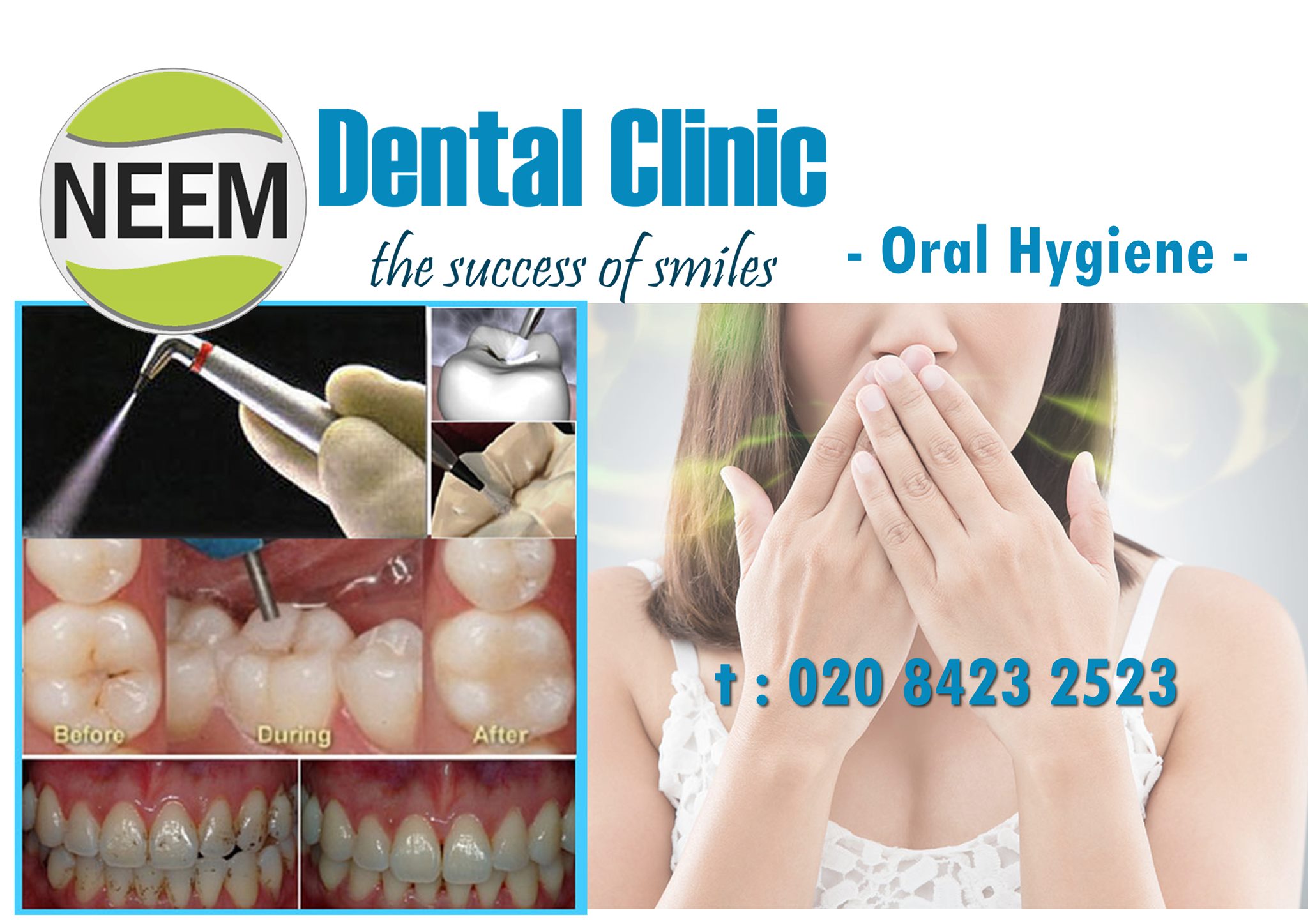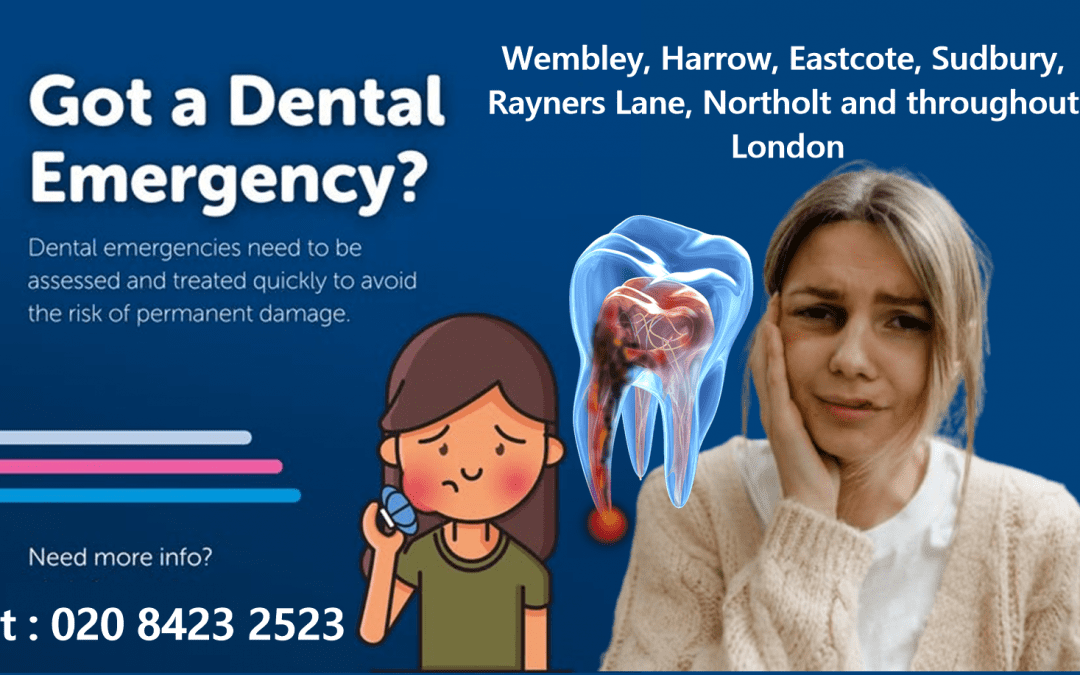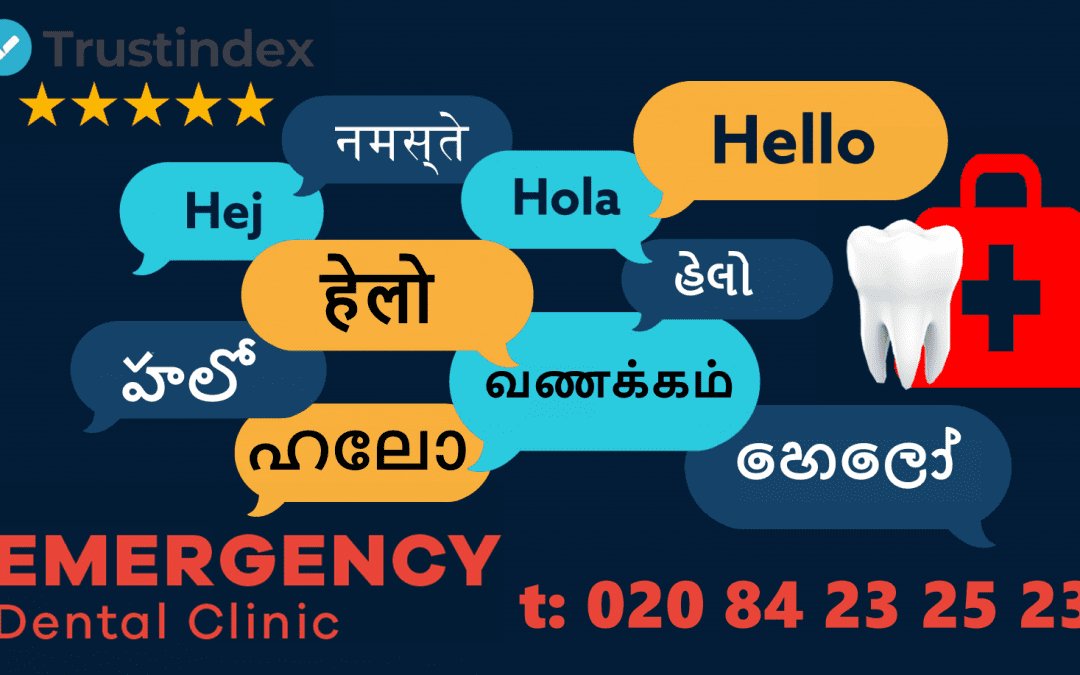Oral hygiene is the practice of keeping the mouth clean, and is considered to be the best means of prevention of cavities (dental caries), gingivitis, periodontitis, and other dental disorders. It also helps to prevent bad breath (halitosis).
Oral hygiene is necessary for all persons to maintain the health of their teeth and mouth. Healthy teeth have fewer cavities. They are clean and have minimal or no plaque deposits. Healthy gums are pink and firm.
Oral hygiene consists of both personal and professional care. Dental X-rays (radiographs) are often performed as part of routine professional examinations.
Why do I need to see a Hygienist?
Regular tooth cleaning by the dentist or dental hygienist is important to remove plaque that may develop even with careful brushing and flossing, especially in areas that are difficult for a patient to reach on his own at home. Professional cleaning includes tooth scaling and tooth polishing and debridement if too much tartar has accumulated. This involves the use of various instruments or devices to loosen and remove deposits from the teeth. Most dentists recommend having the teeth professionally cleaned every six months.
Even if you do a great job of cleaning your teeth yourself and are religious about using dental floss, you still need professional cleanings. Dental hygienists use special techniques, instruments, and their professional training to complete oral hygiene that is impossible to do yourself. In addition, these professionals will examine your mouth as well as your teeth.







